Kaolin white clay is a naturally occurring mineral known for its remarkable versatility and wide range of applications across various industries. With its unique properties and numerous benefits, kaolin clay has become a valuable resource that continues to play a significant role in sectors such as cosmetics, pharmaceuticals, ceramics, paper, and more. In this article, we will explore the key uses, benefits, and market trends surrounding kaolin white clay. 1. Cosmetics and Skincare Industry: Kaolin white clay is widely sought after in the cosmetics and skincare industry due to its gentle exfoliating, purifying, and oil-absorbing properties. It is used in a variety of skincare products including facial masks, cleansers, scrubs, and hair care products. Kaolin clay helps remove impurities, toxins, and excess oil from the skin, leaving it clean, fresh, and rejuvenated. Its mild nature makes it suitable for all skin types, including sensitive and acne-prone skin.
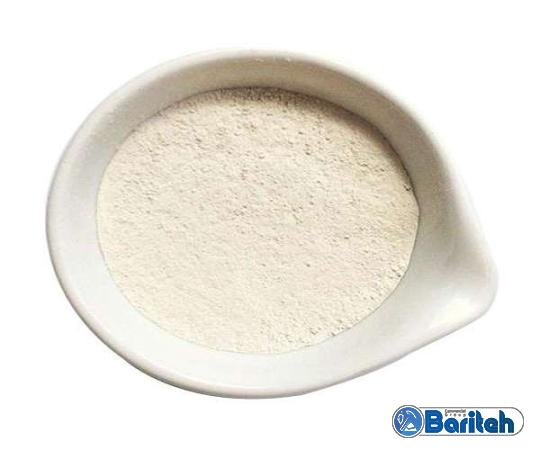
.
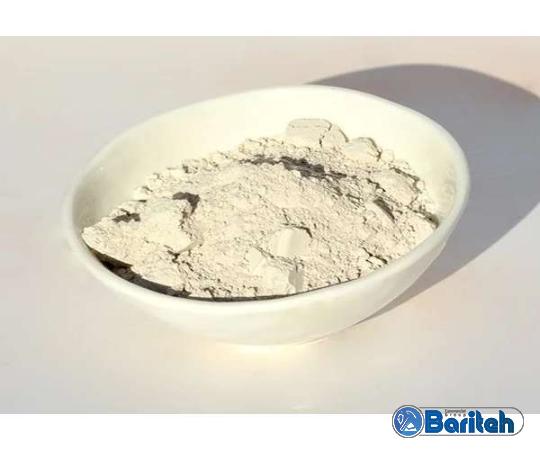 2. Pharmaceutical Industry: Due to its highly absorbent properties, kaolin clay is commonly used in the pharmaceutical industry to create oral suspensions and tablets. Kaolin clay can efficiently bind to and remove toxins or impurities present in the digestive system. Additionally, kaolin clay is used to treat symptoms of diarrhea, as it can soothe and bulk stool, promoting normal bowel movements. 3. Ceramics and Paper Industry: The ceramics industry extensively uses kaolin clay to manufacture high-quality ceramics, porcelain, and china. Kaolin clay acts as a binding agent, enhancing the strength, plasticity, and whiteness of the final product. In the paper industry, kaolin clay is used as a coating pigment, improving print quality, opacity, and glossiness. Its fine particle size and light-scattering properties contribute to the aesthetic appeal of paper products.
2. Pharmaceutical Industry: Due to its highly absorbent properties, kaolin clay is commonly used in the pharmaceutical industry to create oral suspensions and tablets. Kaolin clay can efficiently bind to and remove toxins or impurities present in the digestive system. Additionally, kaolin clay is used to treat symptoms of diarrhea, as it can soothe and bulk stool, promoting normal bowel movements. 3. Ceramics and Paper Industry: The ceramics industry extensively uses kaolin clay to manufacture high-quality ceramics, porcelain, and china. Kaolin clay acts as a binding agent, enhancing the strength, plasticity, and whiteness of the final product. In the paper industry, kaolin clay is used as a coating pigment, improving print quality, opacity, and glossiness. Its fine particle size and light-scattering properties contribute to the aesthetic appeal of paper products.
..
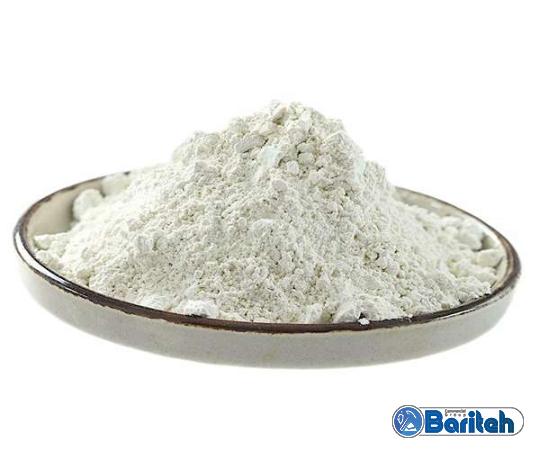 4. Environmental Applications: Kaolin white clay has gained popularity in environmental applications like wastewater treatment and soil remediation. Its high cation exchange capacity enables it to absorb heavy metals, pollutants, and organic compounds from water systems, reducing water pollution. Additionally, kaolin clay can be used to mitigate soil erosion, improve soil fertility, and aid in the growth of plants in arid regions. Market Outlook: The global kaolin white clay market is expected to experience steady growth in the coming years. The increasing demand for eco-friendly and organic products in the cosmetics, pharmaceutical, and paper industries is likely to drive the demand for kaolin clay.
4. Environmental Applications: Kaolin white clay has gained popularity in environmental applications like wastewater treatment and soil remediation. Its high cation exchange capacity enables it to absorb heavy metals, pollutants, and organic compounds from water systems, reducing water pollution. Additionally, kaolin clay can be used to mitigate soil erosion, improve soil fertility, and aid in the growth of plants in arid regions. Market Outlook: The global kaolin white clay market is expected to experience steady growth in the coming years. The increasing demand for eco-friendly and organic products in the cosmetics, pharmaceutical, and paper industries is likely to drive the demand for kaolin clay.
…
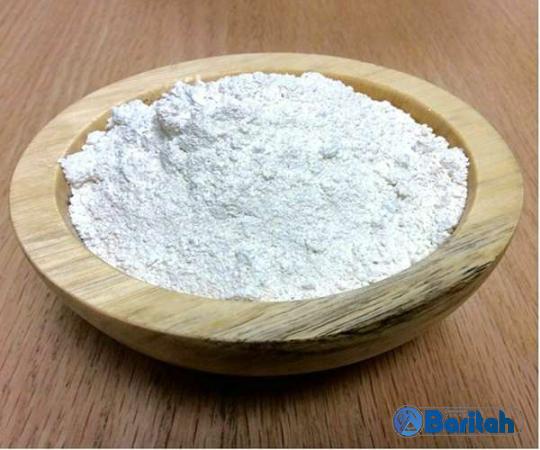 Additionally, the growing awareness about the use of natural materials and sustainable practices further contributes to the market expansion. Asia-Pacific, particularly China, remains a major consumer and producer of kaolin clay, owing to its booming ceramics and paper industries. Conclusion: Kaolin white clay has proven to be a versatile and valuable resource with numerous applications across a wide range of industries. Its natural properties and multiple benefits make it an ideal choice for cosmetics, pharmaceuticals, ceramics, paper, and environmental applications. As the demand for environmentally friendly and sustainable materials continues to rise, the kaolin clay market is expected to thrive, offering exciting opportunities for businesses and stakeholders to explore and capitalize on its vast potential.
Additionally, the growing awareness about the use of natural materials and sustainable practices further contributes to the market expansion. Asia-Pacific, particularly China, remains a major consumer and producer of kaolin clay, owing to its booming ceramics and paper industries. Conclusion: Kaolin white clay has proven to be a versatile and valuable resource with numerous applications across a wide range of industries. Its natural properties and multiple benefits make it an ideal choice for cosmetics, pharmaceuticals, ceramics, paper, and environmental applications. As the demand for environmentally friendly and sustainable materials continues to rise, the kaolin clay market is expected to thrive, offering exciting opportunities for businesses and stakeholders to explore and capitalize on its vast potential.
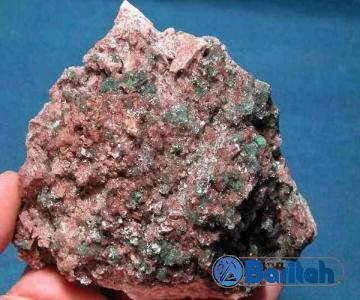
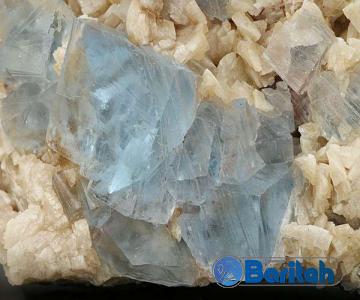
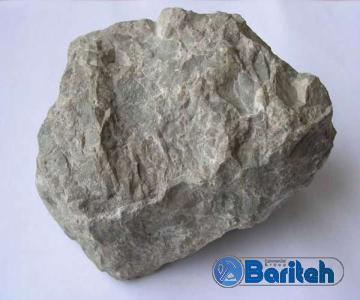
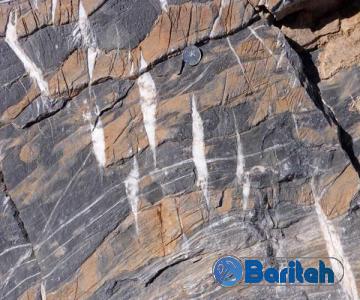
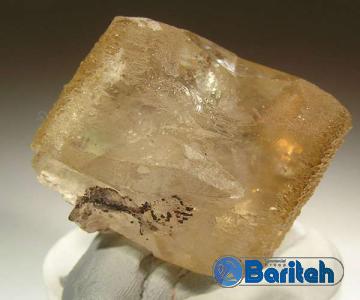
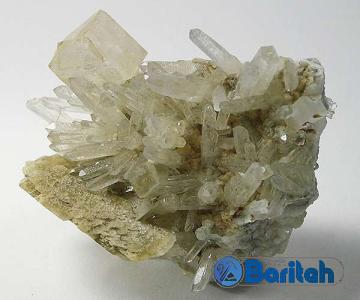
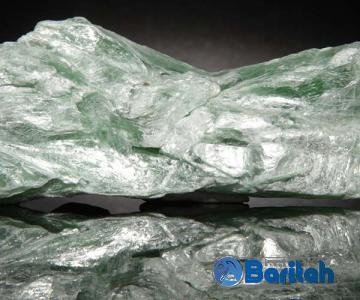
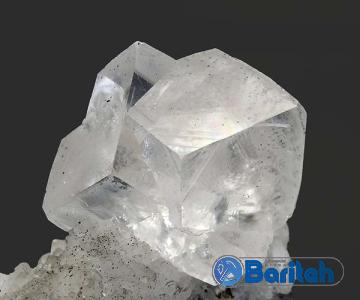
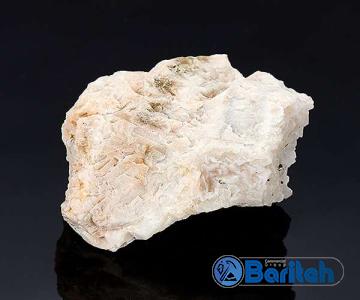
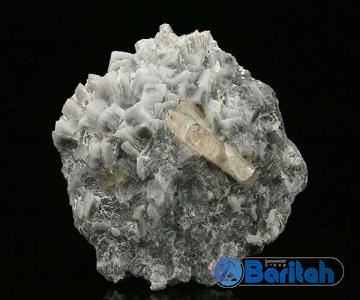
Your comment submitted.